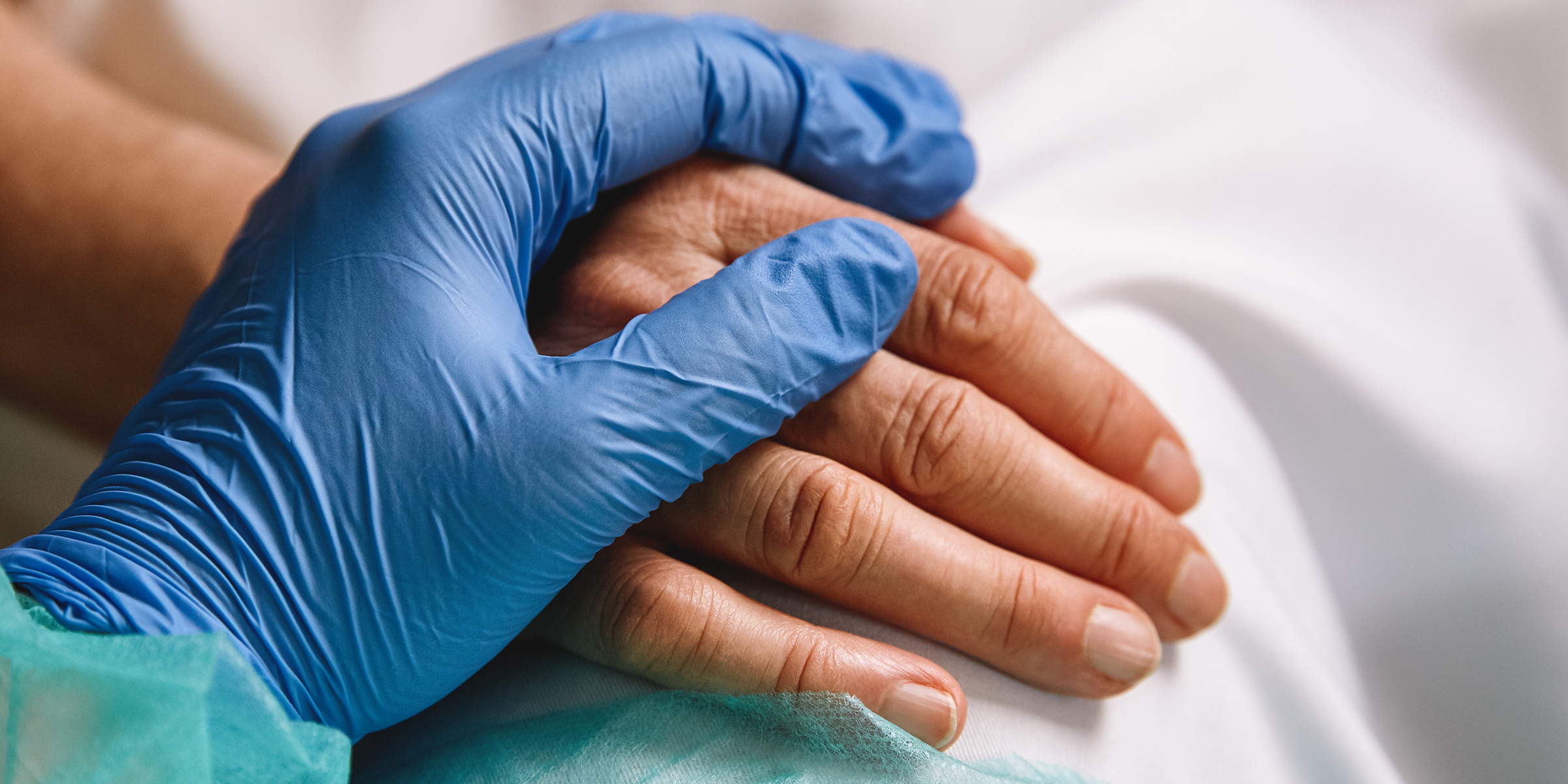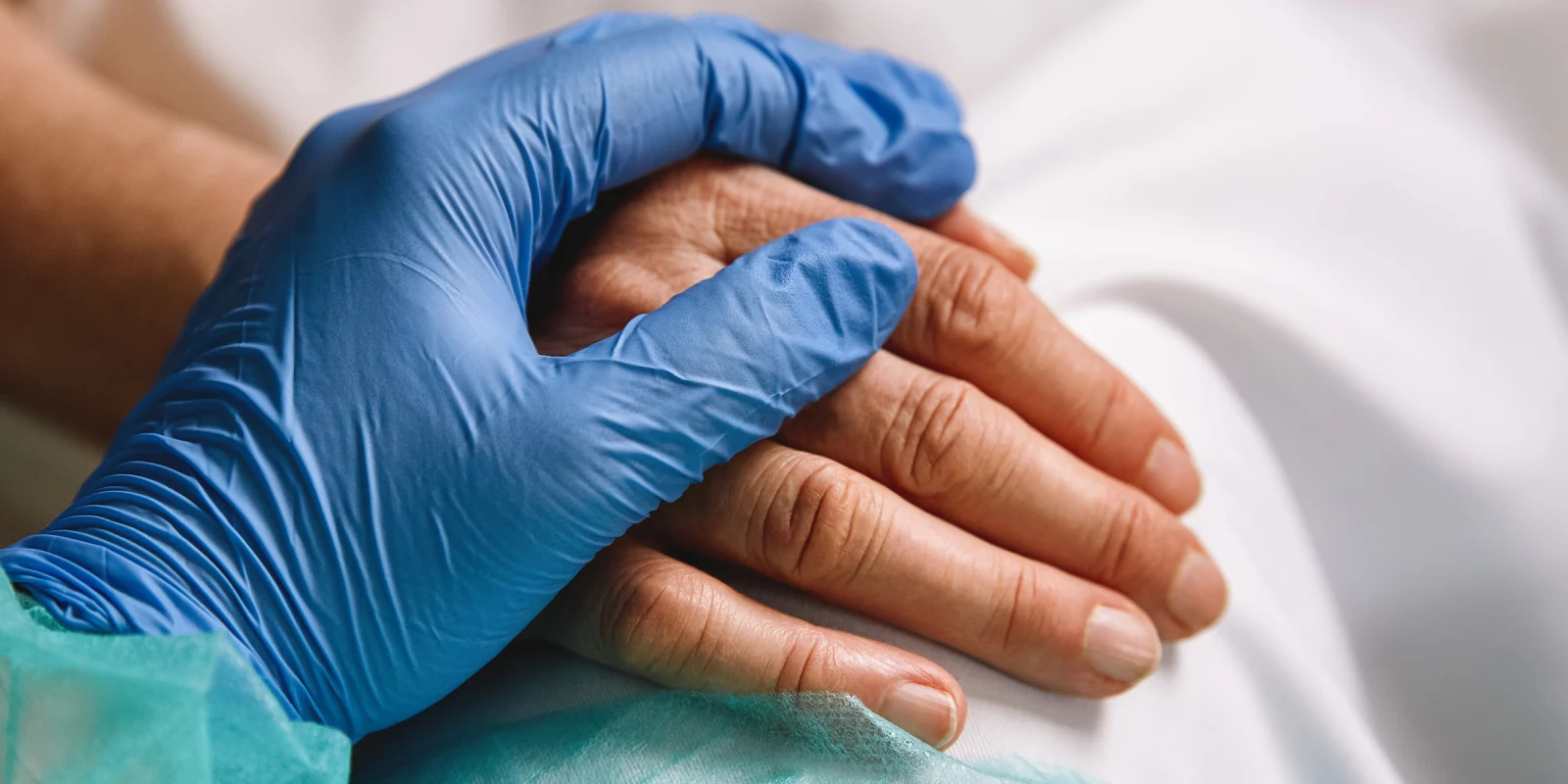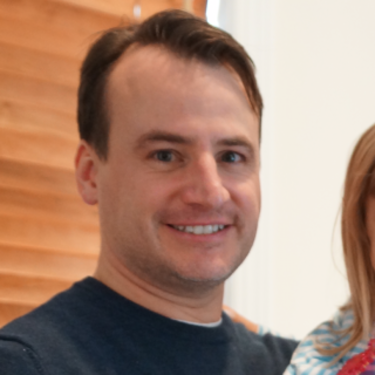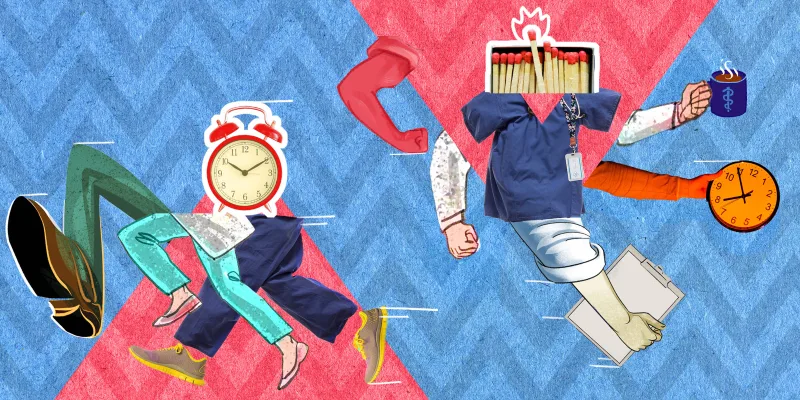
Cancer. A word too many of us are all too familiar with. Either we’ve been through it or know a loved one who has. As an ENT resident surgeon, I am part of a team that treats patients with head and neck cancer. This can be anywhere within the head or neck, including skin, salivary glands, nose, mouth, or throat. Most of these patients’ cancer treatments require some major life changes, which can be extremely difficult even without the COVID-19 pandemic. This could include the inability to speak or eat, or noticeable changes to the way their face looks. So, one might ask, what could be worse than having head and neck cancer? I can confidently answer: having head and neck cancer during a pandemic.
Many cancer patients are scared to come to the hospital. They are in the vulnerable population that, if infected, may be fatal. They cautiously attend their clinic appointments alone, with heightened anxiety over every interaction, as loved ones cannot accompany them due to no-visitor policies. Symptoms they notice at home, which are suggestive of an underlying complication, are brushed off for far too long but eventually will require hospitalization. And again, as no visitors are allowed, this hospitalization will leave them alone.
While they are scared, the patients are resilient and push through the treatment. Surgeries that can completely change the way a person’s face looks, the way they talk, the way they eat and drink, and the way they breathe are routine in the head-and-neck cancer field. And because cancer doesn’t care about the COVID-19 pandemic, these treatments continued to be routine throughout the past couple of months. But while the surgeries went on as before, the postoperative course felt eerily different.
Patients are alone in their hospital rooms without family or friends by their bedside throughout their hospitalization. They undergo major life-altering surgery, and the only interaction they are left with during recovery is with their care teams. Recovering in the best of times is difficult enough, but without family or friends there for support, the road to recovery can be even more challenging.
COVID-19 has not hit my community particularly hard. We have had a minuscule number of cases compared to cities such as New York. Despite being ready and willing to serve, many providers feel the guilt of not being on the front lines, sharing the load of the coronavirus patients. However, these care teams have stepped up to go above and beyond for their cancer patients who needed their help and support. I have been inspired to see the care and compassion provided to these patients.
Twelve-hour days are spent in the operating room, as surgeons ensure that no cancer is left behind. Rounding before and after the operating room adds on additional hours to the day. This is pretty typical for an ENT cancer surgeon, however. The response to the pandemic, with no-visitor hospital policies, has added additional responsibilities to ensure that these cancer patients continue to receive excellent care. Family members are updated daily via phone and video chat conversations after rounds — rather than at the bedside as they were in the past — on their loved ones’ care plans and progress. Videos are taken to help educate families on the care that will be needed after discharge. Extra time is taken to ensure that all supplies and medications needed after discharge are brought to the patient’s room before they leave. That way, they don’t have to stop at outside pharmacies and risk extra exposure. Although these tasks are more than our usual daily routine, we choose to stay longer hours and work harder than ever to help our patients get the care they need without question.
We have all played our part during this pandemic. So much gratitude is owed to those on the front lines. It is also important for those of us who are not on the front lines to recognize how important each of our patient interactions are. Now is the time, more than ever, to continue showing compassionate care. Our patients deserve this from us. I have no doubt that is what we will all continue to do.
Click here to see more perspectives on COVID-19 from the Doximity network.
Click here for up-to-date news about COVID-19 on Doximity.







